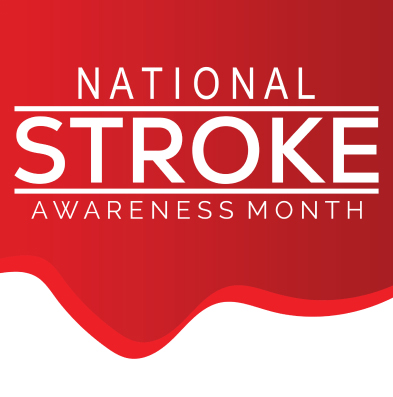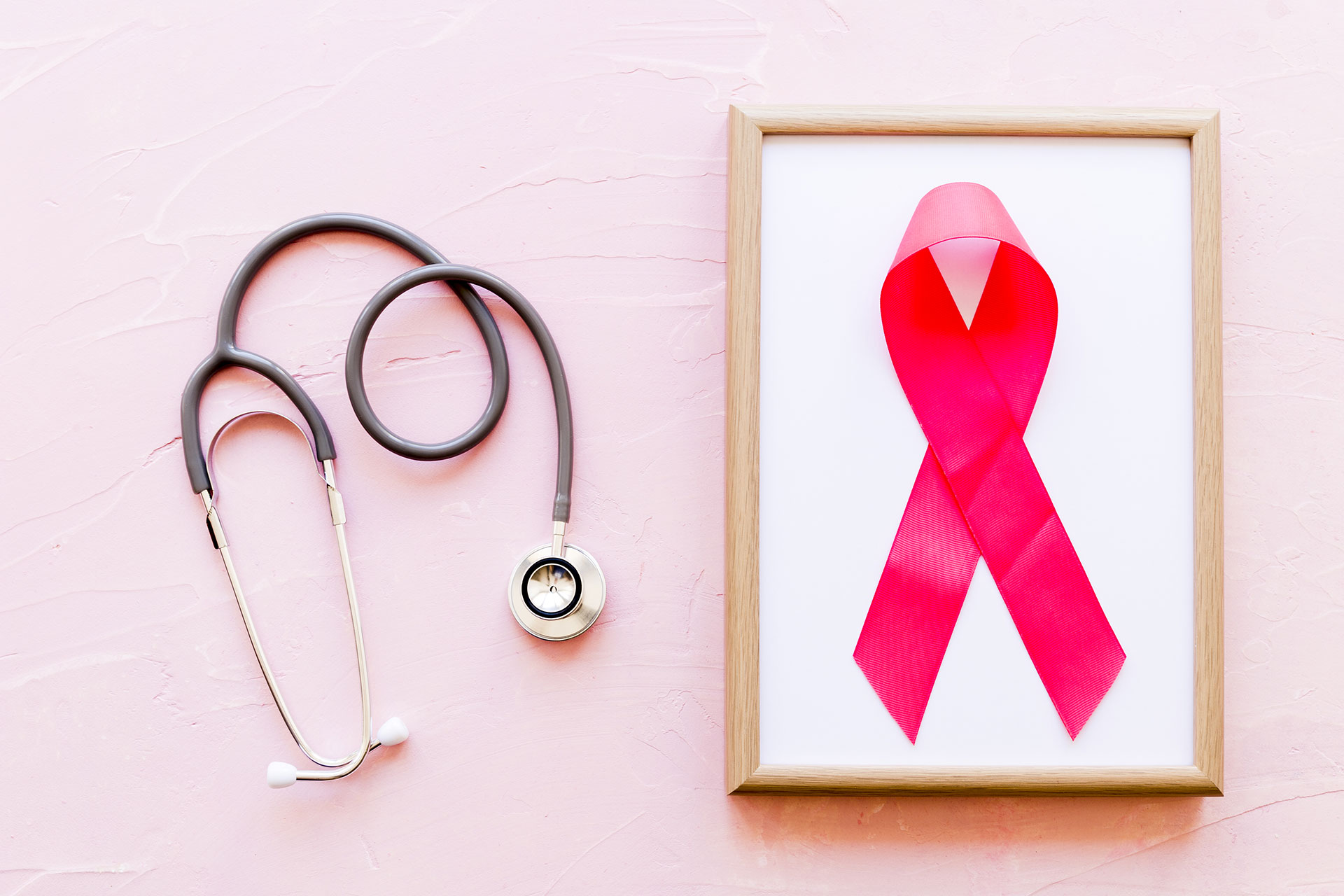Expecting a Baby? Prepare for Pregnancy With These Six Tips

All parents want to have healthy children, but sometimes a lack of education and preparation can affect your baby’s health before it is even born.
It is important to raise awareness for a condition that is one of the leading causes of infant mortality in the United States, which affect around 120,000 newborns every year. Conditions like spinal bifida, cleft palate or congenital heart defects usually develop in the first trimester of pregnancy (as a baby’s organs are forming), so it’s important to prepare for pregnancy as soon as possible. Unfortunately, not all birth defects can be eliminated (due to genetics, habits, as well as social and environmental factors) but many of them can be stopped, so here are six steps any expecting mother should take to improve your chances of having a healthy baby.
1. Take Folic Acid
Folic acid is a B vitamin that prevents serious birth defects of the brain and spine. If possible, before becoming pregnant take a daily multivitamin containing 400 micrograms of folic acid, and while you pregnant, increase it to 600 micrograms. Seventy percent of neural tube defects (which is a defect of the spine and brain) can be prevented by taking a daily prenatal vitamin containing folic acid.
2. Eat Foods with Folate
Consume lots of foods with folate (which is a natural form of folic acid) like orange juice, lentils, green leafy vegetables and black beans. You may also eat foods made with fortified grain products or fortified corn masa flour like cornbread, corn tortillas, tacos, tamales, bread, pasta and cereal.
3. Maintain a Healthy Weight
Speak with your physician about how to get to a healthy weight before pregnancy as carrying extra weight can increase the risk of birth defects.
4. Don’t Smoke or Drink Alcohol
While statistics are limited, experts believe between 2% and 5% of the U.S. population experiences some effect of Fetal Alcohol Syndrome (which causes conditions like heart defects, learning disabilities, joint and bone deformities and hyperactivity). Keep your baby safe by cutting out these substances.
5. Get a Pre-Pregnancy Checkup
If you are planning to have a child, make an appointment with your physician to discuss a treatment plan to manage any health conditions you may have. Let your doctor know about all of the prescription and over-the-counter medicines, vitamins and supplements you may be taking.
6. Get Vaccinated
Did you know that pregnant women have a higher risk of developing a severe illness, or death from COVID? Not only that, high fevers caused by COVID infection during the first trimester of your pregnancy can increase your risk of having a child with birth defects, so get the COVID-19 vaccine. It’s safe for anyone over 5 years old, including pregnant women, and women trying to get pregnant. In addition, ask your doctor about any other vaccinations you may need before getting pregnant.
Now that you know what you can do to prevent birth defects, congratulations on being a new parent! We hope that every expecting mother will make a pre-natal appointment with one of our physicians today to increase your chances of having a healthy pregnancy, and a healthy baby.
Regardless of the date published, no content on this website should ever be used as a replacement for direct medical advice from your primary care provider or another qualified clinician.






